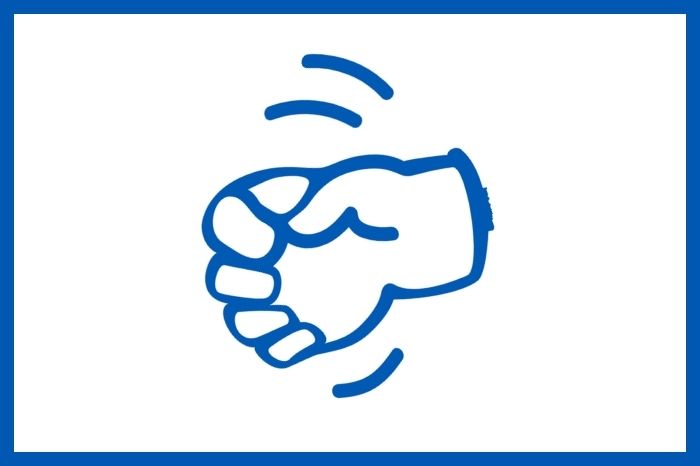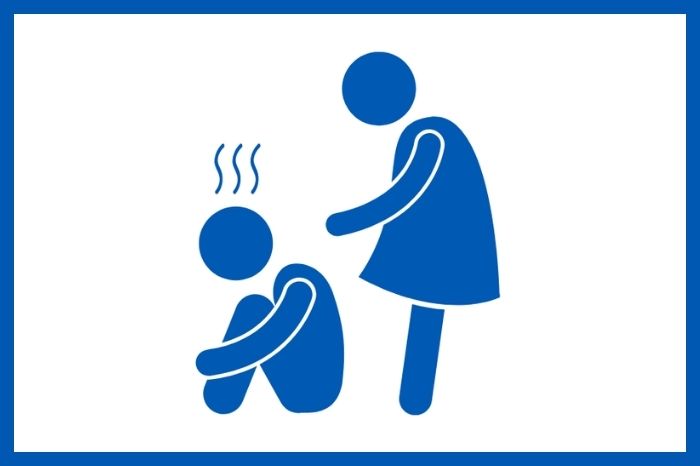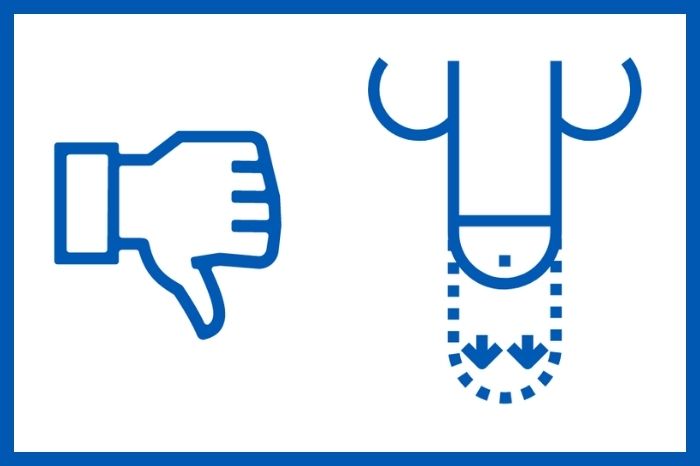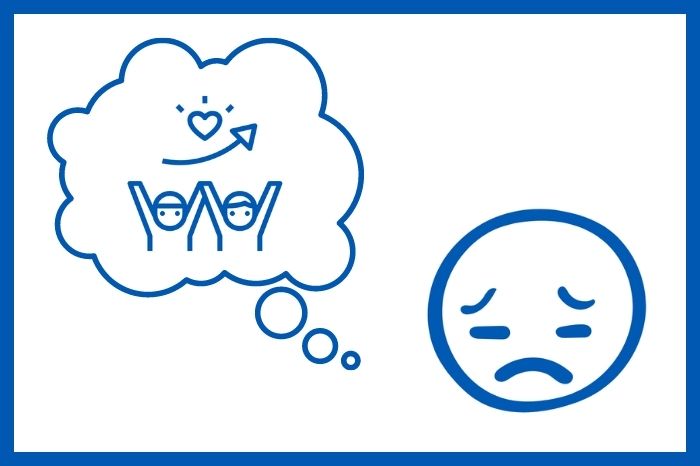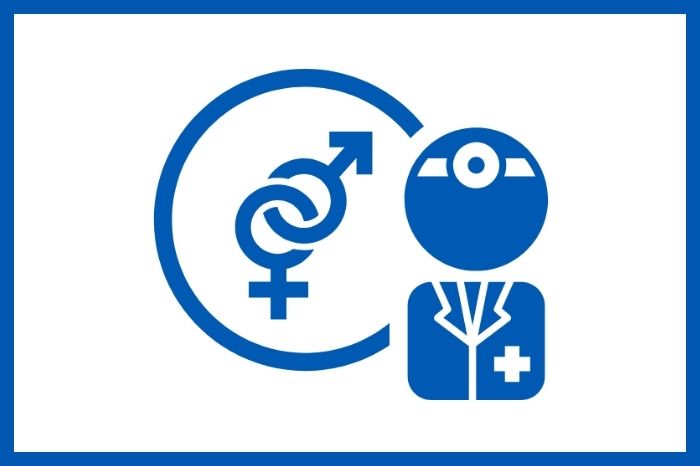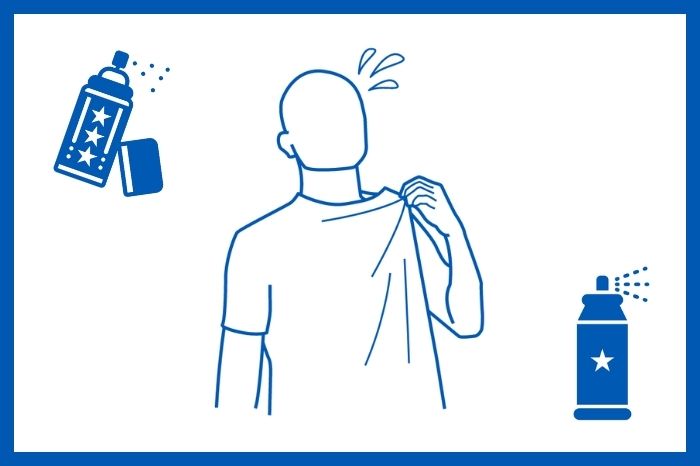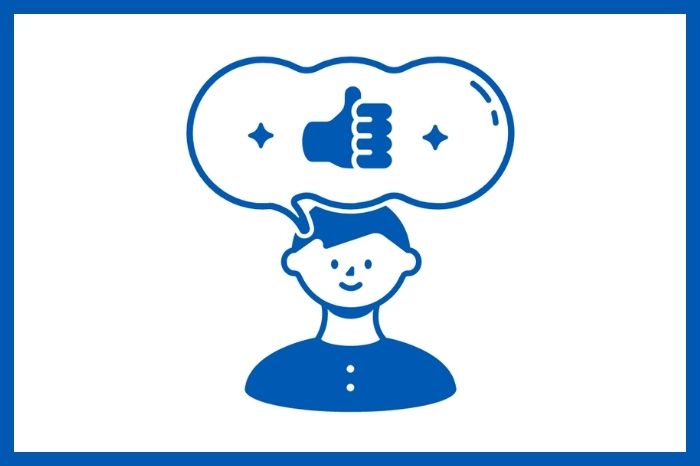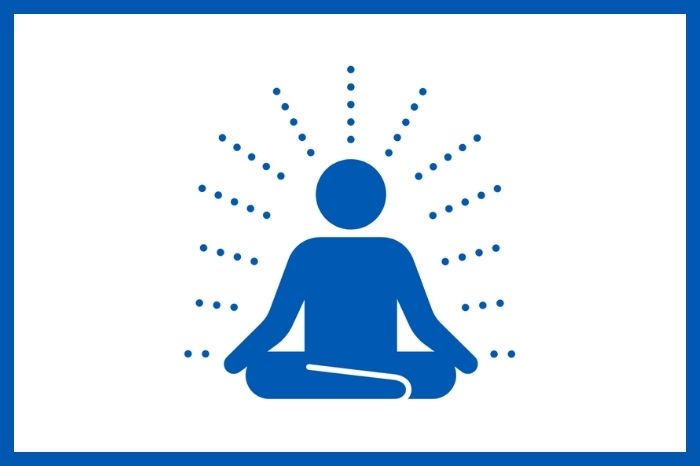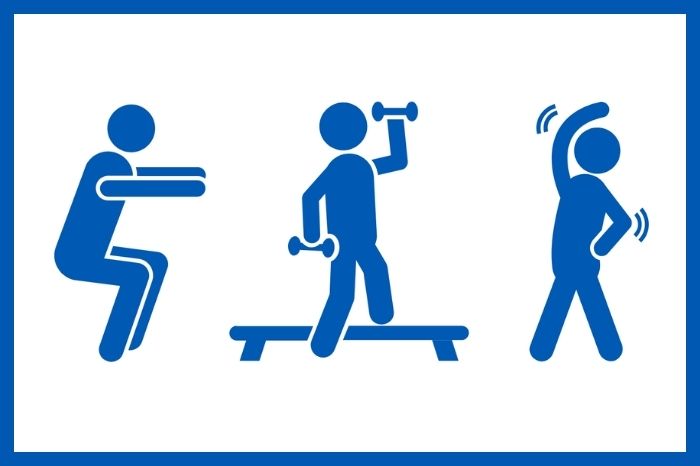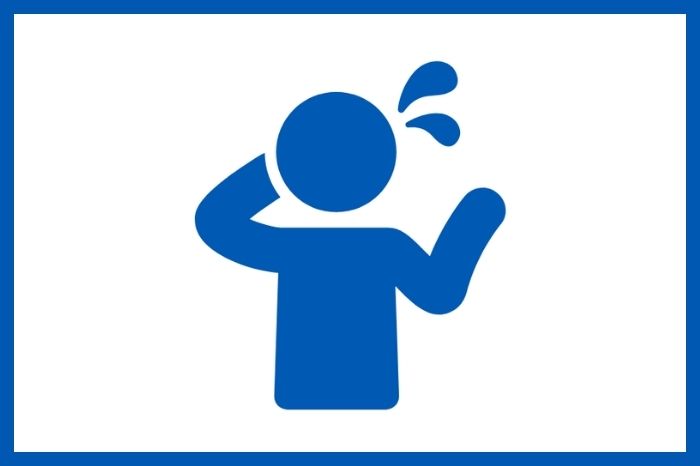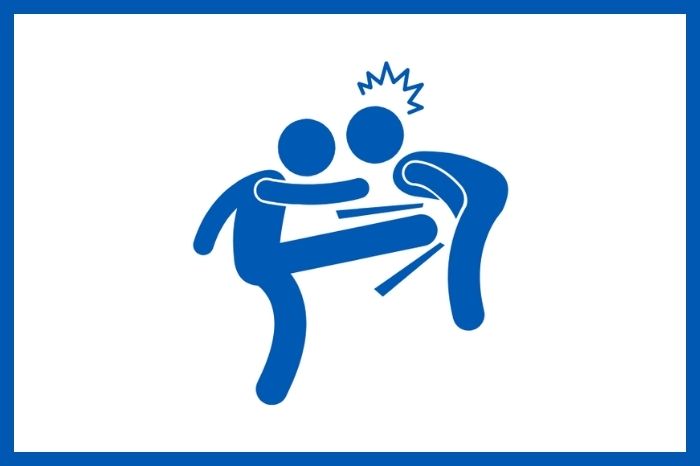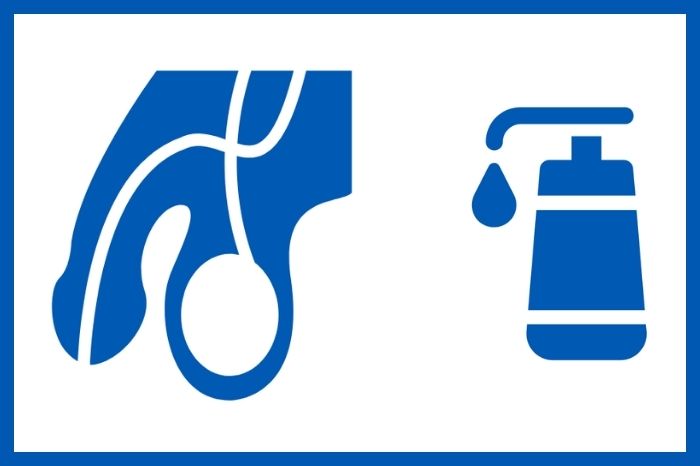Do you feel mental exhaustion? See 6 exercises that relieve psychological fatigue
Humanity has never been so tired, mentally speaking, as it is now. No wonder cases of anxiety and depression only increase, and mental exhaustion is partly to blame.
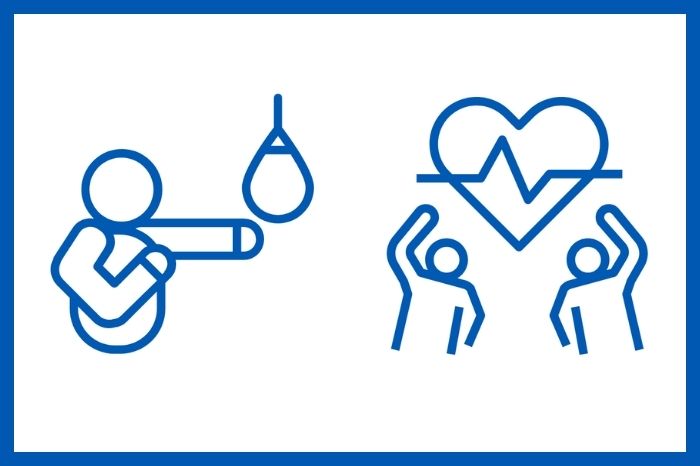
Often, this mental fatigue comes from our day-to-day responsibilities and worries. Even at work.
The work often requires the employee to give himself in his role beyond the account, often disguised as an incentive to productivity.
Have you ever had to respond to an email or a whatsapp message about work, even though you were on your break time?
If so, know that this happens a lot. The internet and social media have made everything easier, but also faster, more demanding, more tiring.
Sometimes, psychological fatigue comes in other ways, it can be because of excessive concern for a loved one who is sick, or because your daily routine is very stressful, you work outside the home, take care of the children, the house, the dog, the parrot, anyway.
The list of things and reasons that cause mental fatigue is immense and individual.
It is not always possible to eliminate the cause of your fatigue. However, what are you doing for yourself, for your health? Do you take time to walk, go to the park, be in contact with nature, practice physical activity?
Such activities may seem simple but they have the power to provide relief to tired minds.
The ideal is to choose activities that are different from what you are already used to in your routine. For example, if you work indoors, go outside; if you work with a computer or cell phone, switch off those devices a little.
It is proven that physical exercise promotes mental health, stimulates the immune system and controls obesity. When you integrate exercise into your daily routine, you are likely to experience improved sleep, mood, self-esteem, and increased concentration, just to name a few benefits.
As practicing some form of physical activity has numerous advantages, being a form of treatment for mental exhaustion, we will focus on this approach. We will cover 6 exercises widely recommended by personal trainers to reduce mental exhaustion and provide more health.
The mental health benefits are overwhelming. You can choose an activity to move your body easily while enjoying nature and breathing in fresh air. It is a perfect therapy for mental fatigue.
1 - 30-minute walks relieve accumulated stress
Make your exercise goals easy to achieve, because if they seem overwhelming, you might not have the courage to start. Start with slow walks and short distances. Over time, you can increase your distance and pace.
Personal trainers also recommend inviting a friend to get inspired and encourage you to keep going. This creates competition and excitement to keep the momentum going.
Once you've mastered your walks and no longer struggle to get started, it's time to integrate running. Just like walking, you can start with small goals and gradually build up.
2 - Practice swimming to calm your nerves
Swimming is a powerful exercise that naturally improves mental health, even when done for as little as 10 minutes a day.
To get the best out of swimming exercises, you must be in the right mindset. You will have the most relaxing experience if you can imagine the feeling beforehand and want to enjoy the gentle movement of the water in your body. Start your swimming at the beginner level and progress over time.
It is also essential to get support when starting. Perhaps you can invite a colleague or friends for that team spirit in a new environment. You can also join like-minded people with whom you can plan swim sessions together.
This exercise is ideal if you are passionate about swimming. A substitute exercise will be a great choice if the thought of being in a pool scares you.
3 - Do yoga and fight the symptoms of nervousness
Yoga is fundamental to mental health as it connects the body and mind and brings you to the present moment. Slow, deep breaths help you focus. Breathing exercises dispel destructive thoughts and put the nervous system at rest.
And speaking of bringing you into the present moment, which is something that can undoubtedly help to conquer anxiety, we highly recommend reading the book The Power of Now by Eckhart Tolle.
Yoga helps you see the world through a different lens. So instead of focusing on the poses you find difficult to perform, shift your attention to how the poses make you feel. Stick to positions that you like and that you can easily adapt to.
The activity opens your mind to different perspectives. After a session, you will easily overcome mental blocks and improve your problem-solving skills. You can find alternative ways to resolve these issues.
Yoga can also involve meditation or chanting. Whichever you choose, it will help you get in touch with your inner self, which is a powerful way to connect with your mental, emotional and physical needs. The overall effect is general well-being.
4 - Spinning Bike
Spinning biking is a fun way to stay in shape and improve your mental health. Many spin studios use great music playlists and choreographed routines to make exercise full of energy and fun.
The routines begin by encouraging participants to focus on their breathing, thus shifting to the present moment. As you continue with the exercise, you shift your focus to your goals; what you want to achieve with the training. Focusing on your goals shifts your energy towards the positive results you want to achieve, rather than the issues that bother you.
Positive energy improves your physical, mental and emotional health. With an increase in energy, you can perform better, be more focused and alert.
5 - Practice martial arts exercises with punches
Boxing is a great way to shift your energy from the environment around you to the present moment. With demanding exercise, you can block out destructive thoughts and focus on releasing stress with every punch.
Punch drills are a way to relieve tension and anger. It allows you to overcome any aggressive behavior and heal from negative thoughts and feelings.
Boxing allows you to connect with other boxers as it is rarely a solo exercise. The energy of the group alone is a perfect motivator to keep going.
Boxing improves your mental power helping you to better cope with daily challenges. Also, as you progress, it increases your self-esteem. Achievements in the ring give you the motivation to achieve the same in real life.
6 - Practice intense exercises
As the name suggests, it should be intense training and carried out in small steps. When starting out, you may find it difficult, but as your body and mind get used to the burst of energy, you will get better and better results.
For example, practice cross fitting. It is essential to start at low levels and as you progress adjust to moderate and then higher levels. The systematic approach gives your body time to progressively adjust. Intense training keeps you focused on the exercise. It's nearly impossible to let your brain wander when exercises require high concentration.
The burst of energy that comes with intense training translates to physical and mental well-being. You can be active, resilient and have better coping strategies. When you feel good about your physique, you automatically improve your mental health.
Conclusion
Whenever possible, get away from your sources of worries a little. Taking into account your mental and physical well-being means privileging your self-care.
Look at physical exercise as a healthy way to disconnect a little from the tiring routine, relax the mind and break maintain the health of the body.
Exercise has been linked to the release of the endorphin hormone, which interacts with the central nervous system and triggers positive feelings, bursts of energy and elevates mood. That's why exercises produce amazing results when they're tailored for mental health.

